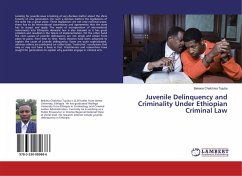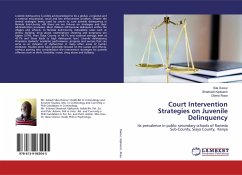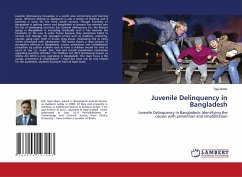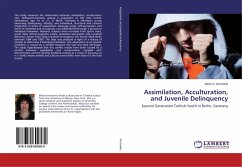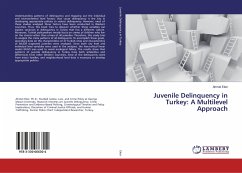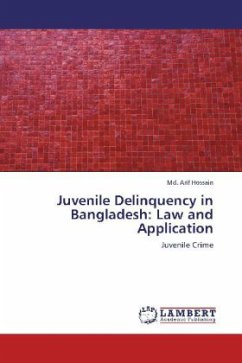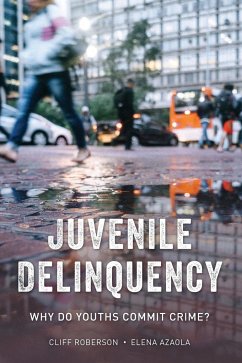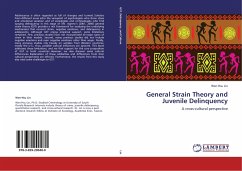
General Strain Theory and Juvenile Delinquency
A cross-cultural perspective
Versandkostenfrei!
Versandfertig in 6-10 Tagen
52,99 €
inkl. MwSt.

PAYBACK Punkte
26 °P sammeln!
Adolescence is often regarded as full of changes and turmoil. Scholars from different areas echo the viewpoint of psychologists who show stress and emotional variation and of sociologists and criminologists who find surging delinquency in this stage of life. Agnew s (2001, 2006) general strain theory (GST) provides a rich framework for analyzing the underlying mechanisms that connect strain, negative emotions, and delinquency in adolescents. Although GST enjoys empirical support, some limitations remained. First, previous studies have not incorporated all major types of strain in their models....
Adolescence is often regarded as full of changes and turmoil. Scholars from different areas echo the viewpoint of psychologists who show stress and emotional variation and of sociologists and criminologists who find surging delinquency in this stage of life. Agnew s (2001, 2006) general strain theory (GST) provides a rich framework for analyzing the underlying mechanisms that connect strain, negative emotions, and delinquency in adolescents. Although GST enjoys empirical support, some limitations remained. First, previous studies have not incorporated all major types of strain in their models. Second, many previous studies did not include negative emotions and even negative emotions other than anger. Finally, many previous studies rely heavily on samples from Western countries, mostly the U.S.; thus, possible cultural influences are ignored. This book addresses these limitations, and we find support for the core proposition of GST in both countries. However, we also discover somecultural differences. Explanation of these similarities and differences from their cultural perspectives are offered. Furthermore, the results from this study also raise some challenges to GST.




